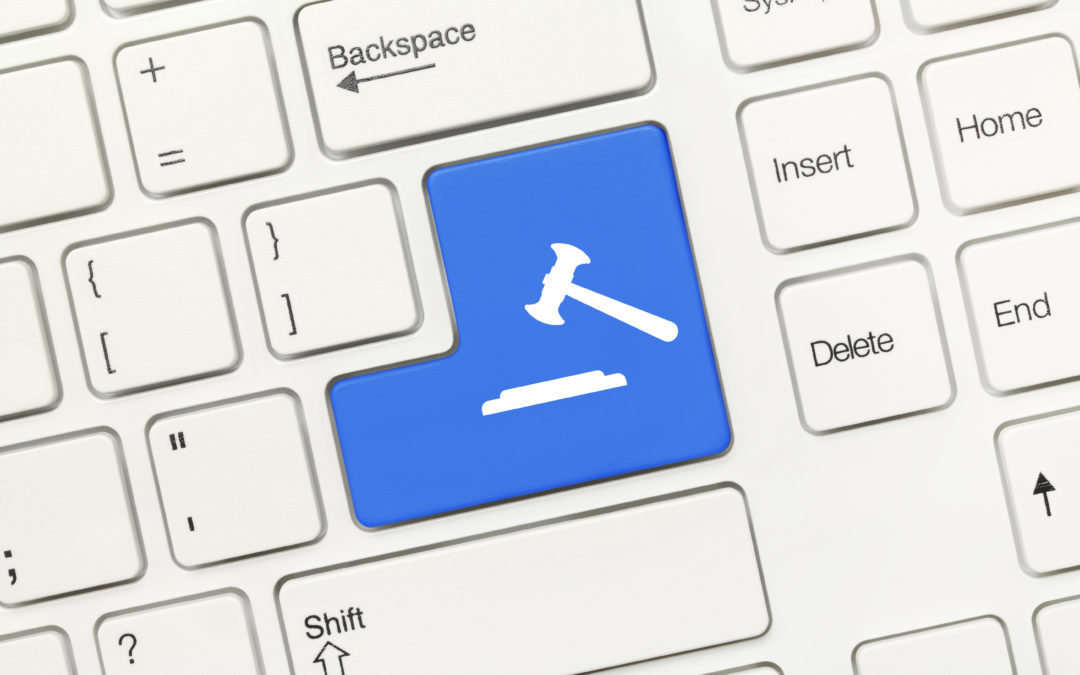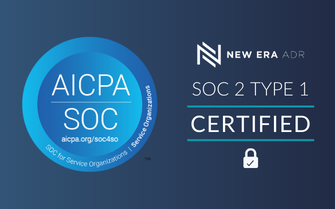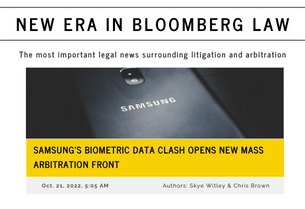
Undeniably, COVID-19 has beaten us down, whether it be mentally, physically, or economically, the impact has been hard, drastic and unrelenting. But in the interest of finding a positive amidst a pandemic, it has also made us rethink established norms. It has forced us to reevaluate traditional methods, to pivot our thinking, and to reinvent how we accomplish daily, weekly and monthly tasks.
For years — decades even — the legal industry has steadfastly held on to the status quo. An unrepentant adherence to procedure and consistent aversion to technology has resulted in one of the industries most directly impacted by COVID-19. That said, the legal industry also presents a uniquely blank canvas ripe for evolution and change. Out of the depths of legal tradition and a pandemic, there is an opportunity to create a new and better foundation for our legal system. One that is fluid, malleable, and adaptable. But in order for this to work, mindsets need to adjust, chances need to be taken, and traditional methods eschewed. In short, we need to usher in a new era.
So where do we start? How about litigation. Domestically, we spend approximately $450B annually on legal services. Over half of that spend is the result of litigation. And half of the litigation spend is devoted to nothing more than motion practice and discovery. That means the United States spends approximately $125B annually on procedural matters that have nothing to do with the heart of a dispute, and more often than not, unnecessarily drags out a process that no business or individual ever wants to be a part of.
Devotees and traditionalists will champion “due process” as the Constitutional tenet requiring that we wade through boxes of documents and file countless motions. But if you read the Constitution, we promise you there will be nary a mention of discovery or motion practice. Instead, you need to read these things into the Constitutional narrative to believe that they are required.
The reality is, litigation should not be about process and procedure. It should not be about motion practice and discovery. At its heart, litigation is about storytelling. About two parties telling their narrative to a neutral third party and getting an unbiased decision allowing justice, or some derivation thereof, to prevail and the parties to move on with their lives. And as an extension of this, when litigation gets back to what it should be about, businesses and individuals can have the certainty of reaching a resolution and predictability of the process that they’ve long-craved but that’s long been absent
Interestingly, COVID-19 has highlighted that the monotonous and paper heavy nature of motion practice and discovery is even more difficult and laborious during a pandemic. Civil litigation has ground to a halt in no small part because it is simply harder to deal with volume documents in a virtual environment. That said, there is a fundamental way we can address this issue and evolve towards a new era of litigation practice. It is this simple: We need to move the focus away from process, procedure, motion practice and discovery and towards client service, predictability, and storytelling. We need to use what we have learned during COVID-19 to facilitate storytelling through technology, encourage attorneys to directly serve their clients’ interests and empower decision makers to run the process. If we can do these few simple things, we will have taken the first giant step towards a fundamentally different, and better, legal system. In short, a new era.




